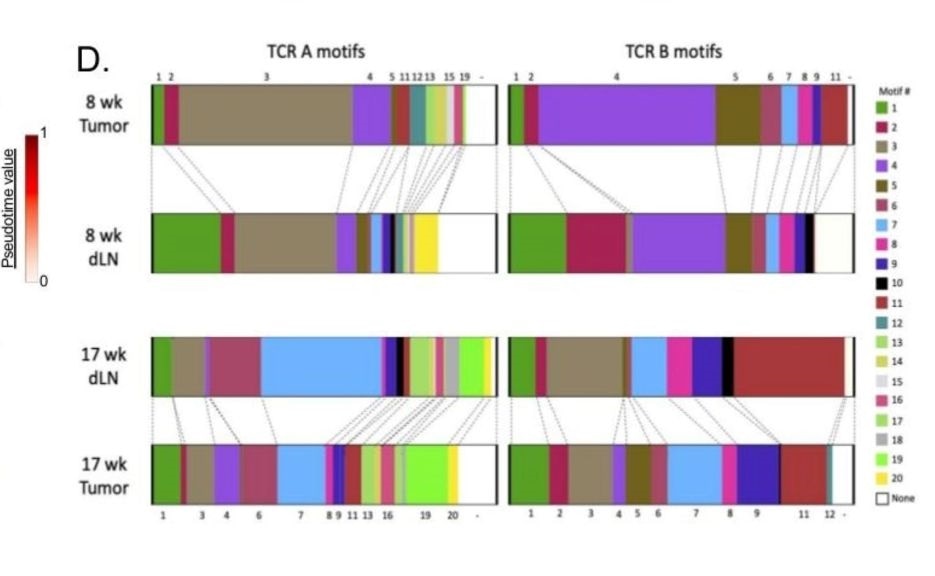Researchers at the Yale Cancer Center performed a new study and demonstrated that stem-like T cells found in some lymph nodes could exhibit natural cancer-fighting properties.

Image Credit: Yale Cancer Center.
When these T cells, which are a kind of white blood cells, are targeted with immunotherapy drugs, the number of cancer patients who respond to treatment could increase. The results of the study were published online recently in the Science Immunology journal.
Therapies that use the immune system to destroy cancer have been a game changer for patients with lung and other cancers. But not all people respond to immunotherapy drugs, so it was important for us to discover the role of these special T cells in tumor growth.”
Nikhil Joshi, PhD, Assistant Professor of Immunobiology, Yale Cancer Center
Dr. Joshi is the senior author of the study and a member of the Center of Immuno-Oncology at the Yale Cancer Center.
As part of the study, the team first created a new animal model using which they could analyze the stem-like T cells in tumors across several months of tumor growth and identify determine how the stem-like T cells survive.
They found that the stem-like T cells do not remain in the tumor for very long, implying that they are resupplied from somewhere else within the body. Adjacent lymph nodes, an immune organ with several of these stem-like T cells, were recharging the supply. Now and then, a few stem-like T cells move to the tumor from the lymph node.
Thus, the tumor is supplied with fresh cancer-fighting T cells. According to the researchers, this is vital for slowing down the growth of cancer. Through an analysis of immune cells extracted from patients suffering from lung cancer, it was shown that stem-like T cells are found in lymph nodes near the lung.
T cells in tumors become exhausted, but our study results show the stem-like T cells within the nearby lymph nodes do not experience exhaustion during the course of disease. This could be an important treatment advance as the potential to respond to immunotherapy is preserved.”
Kelli A. Connolly, Study Lead Author and Postdoctoral Fellow, Yale Cancer Center
“We are focused on developing therapies that will activate the stem-like T cells in the nearby lymph node and bring them into the fight against cancer,” added Joshi. “We plan to continue this work and focus on how to improve these therapeutic responses to help patients.”
Source:
Journal reference:
Connolly, K. A., et al. (2021) A reservoir of stem-like CD8+ T cells in the tumor-draining lymph node preserves the ongoing anti-tumor immune response. Science Immunology. https://doi.org/10.1126/sciimmunol.abg7836.